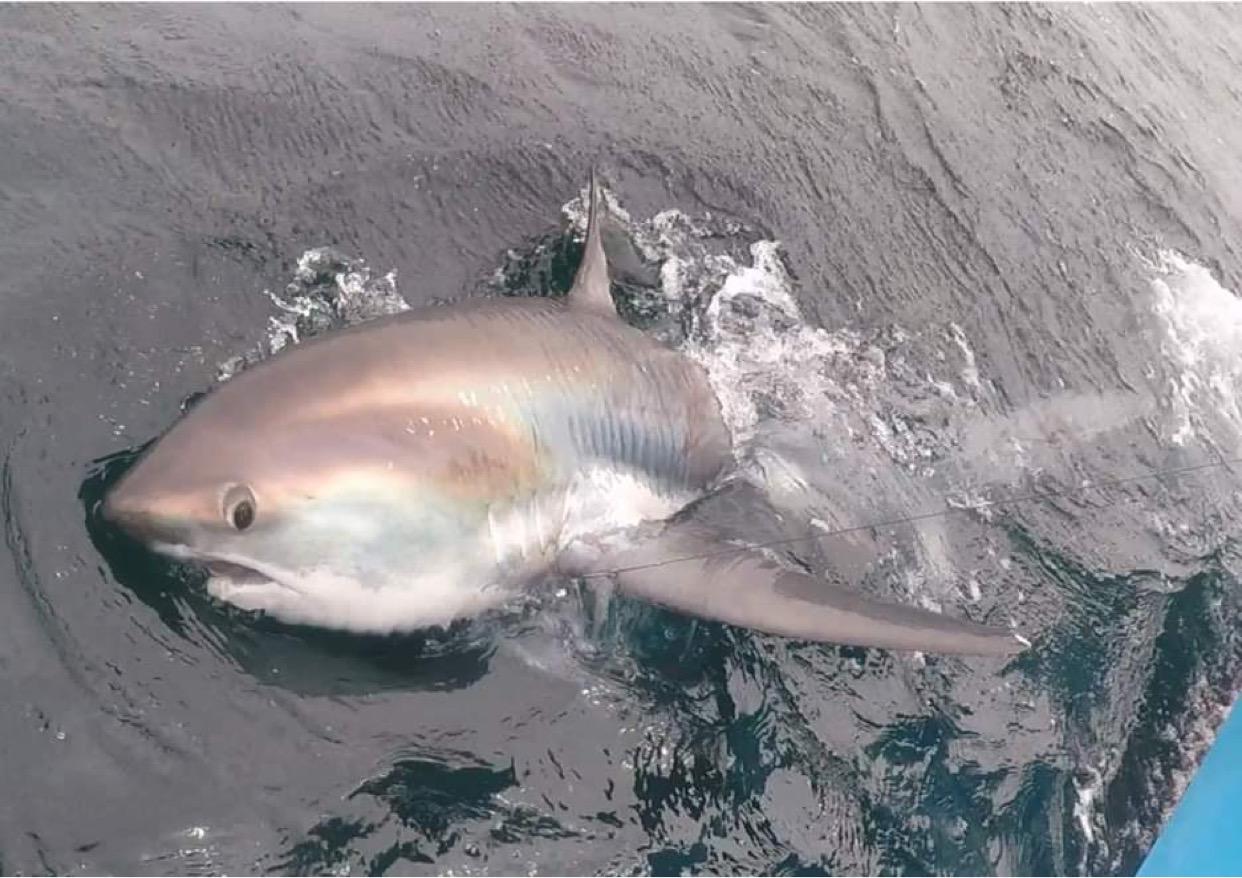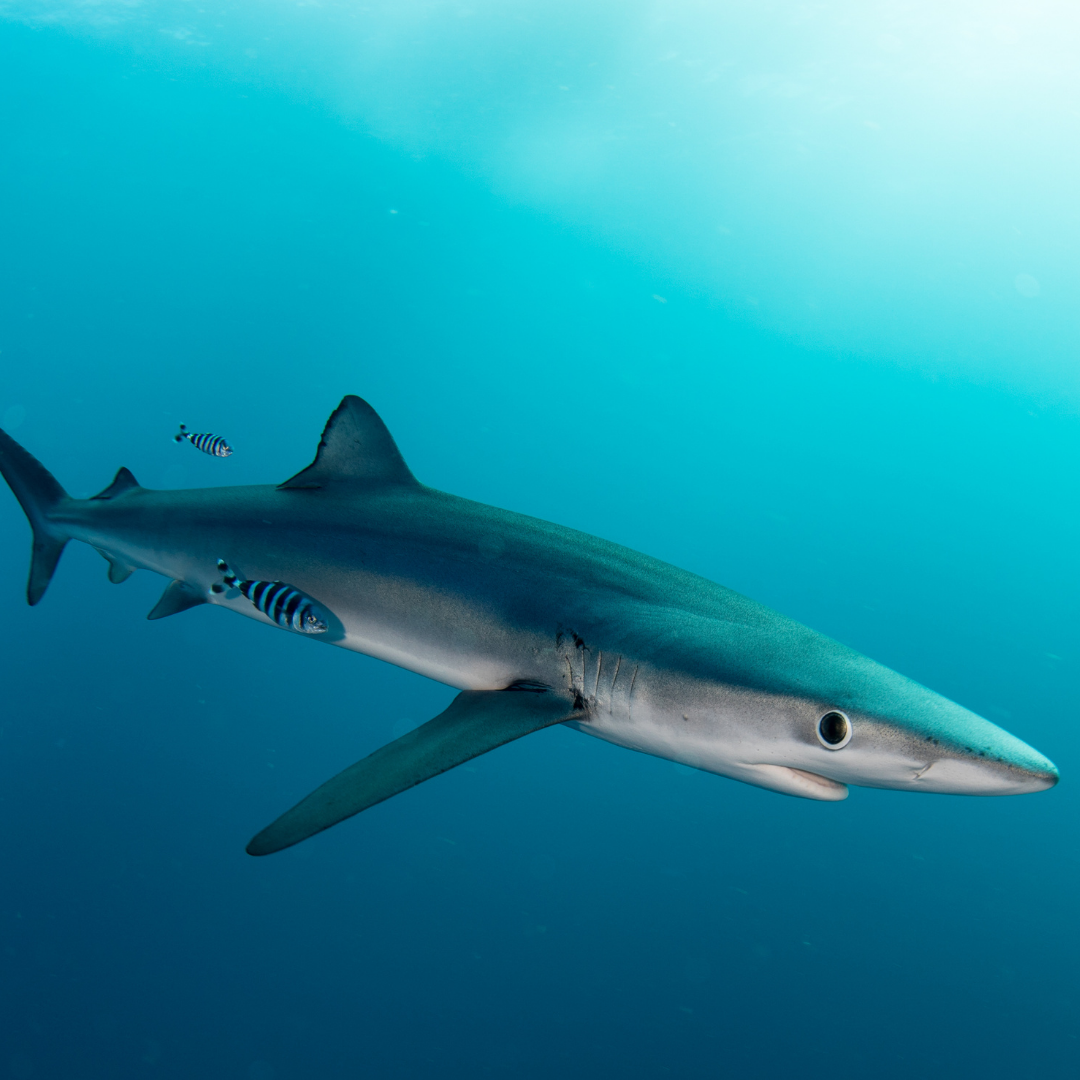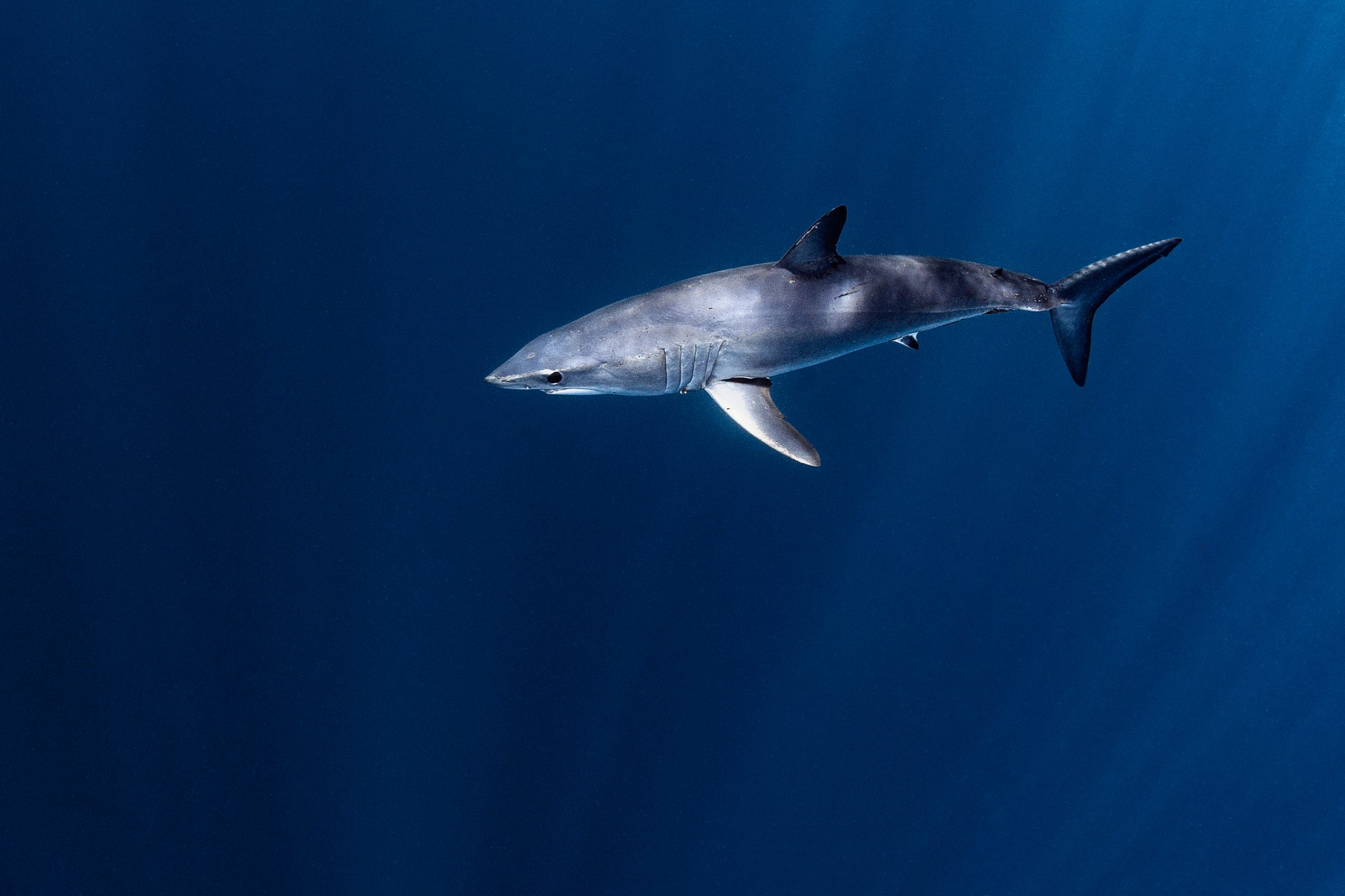Shark Hub UK
Anglers and scientists, together as equals, for sharks.
Never has there been a more exciting time for UK shark science. We are encountering more and more top predators in our waters opening up a range of possibilities to learn more about these incredible animals. Providing the wealth of practical knowledge and insight into shark activity in the UK that recreational shark anglers possess and using the skills and analytical tools available to our scientific team we are seeking to secure a sustainable future for both sharks and shark angling in the UK.
How does Shark Hub UK Aim to Do This?
Angling for Science
Through combining the knowledge and skills of recreational shark anglers and marine researchers we are working together to achieve the following shared objectives and to improve both the protection and management of UK shark species.
- Advocate the importance of knowledge and data gathered by the recreational angling community
- Provide shark anglers with the best resources and information on shark biology, ecology and conservation
- Supporting the recreational shark angling community with its development and ongoing review of shark angling and handling best practice
- Engage with and make the sport and shark science more accessible to, a diverse range of people to improve participation, including those from vulnerable communities and disadvantaged socio-economic groups
- Better understand the distribution, abundance, ecology and movement patterns of UK shark species
- Contribute to national and international shark management
- Provide evidence to relevant management bodies to reduce the overexploitation of sharks
- Generate public education and awareness of UK sharks and the value of recreational shark anglers to shark conservation
Connect With Us
Dive Into The Conversation
Shark Handling Guides
Best Practice for Best Post-Release Survival
There are occasions where boarding smaller shark may be necessary for the safety of both the fish and angler, and the guidelines include instructions on how to safely do so. However, this is non-trivial and is best attempted by those experienced in shark handling.
Shark Hub UK will also be releasing a best-practice handling guide in due course.
Get Involved
Meet the Team

Dr. Georgia Jones
Bournemouth University
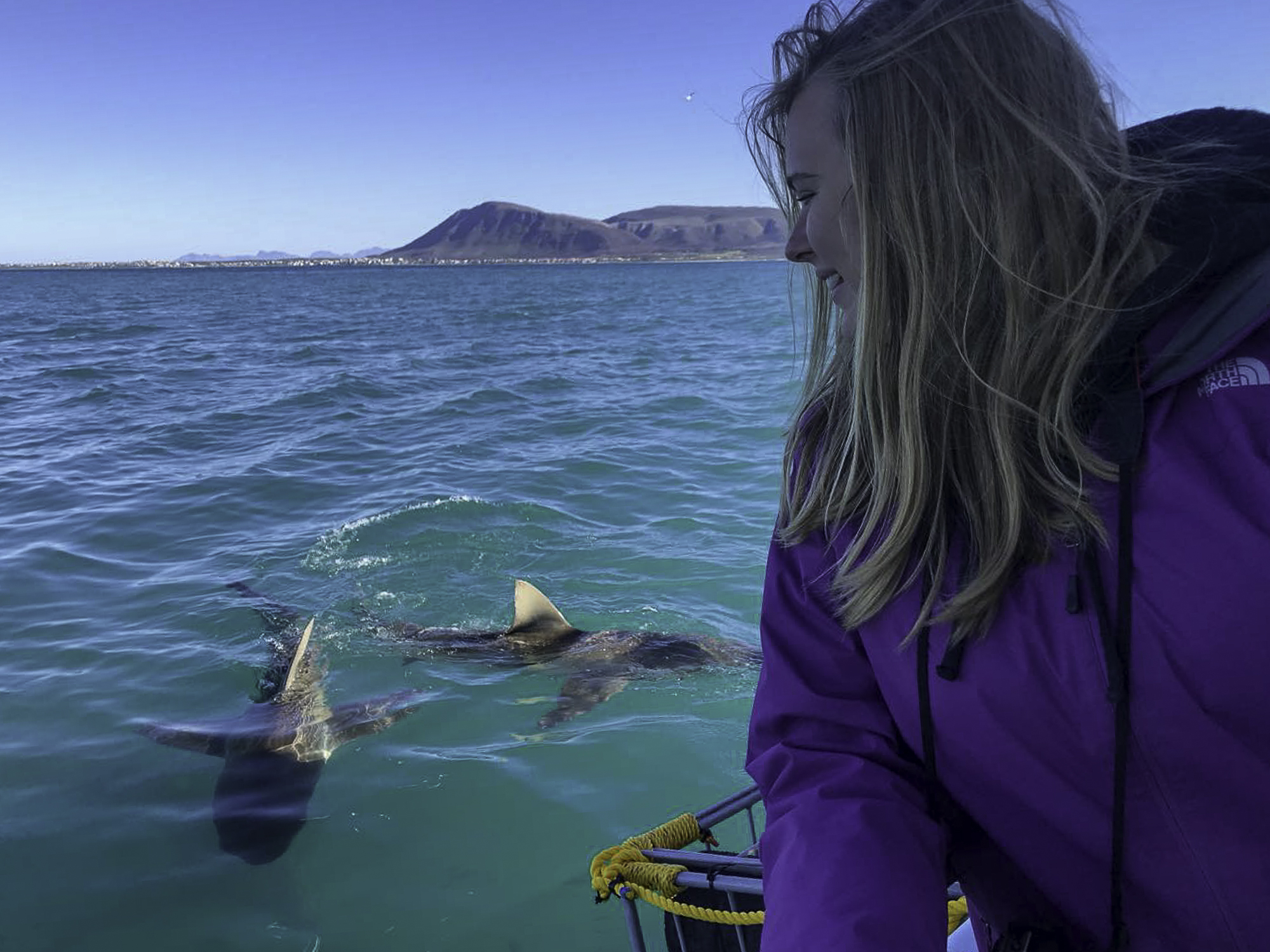
Hannah Rudd
Angling Trust
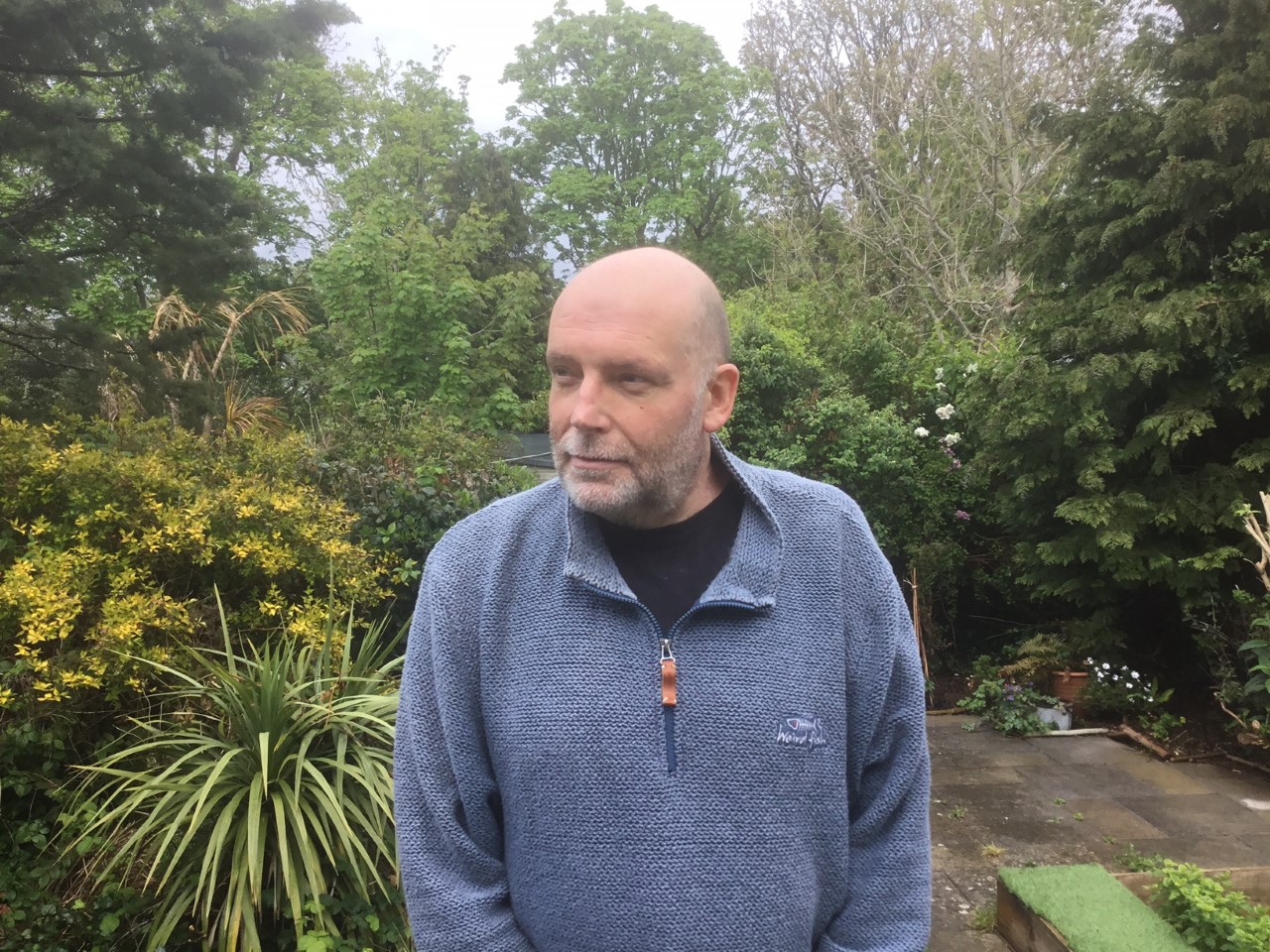
Dr. Simon Thomas
SACGB & SCBI
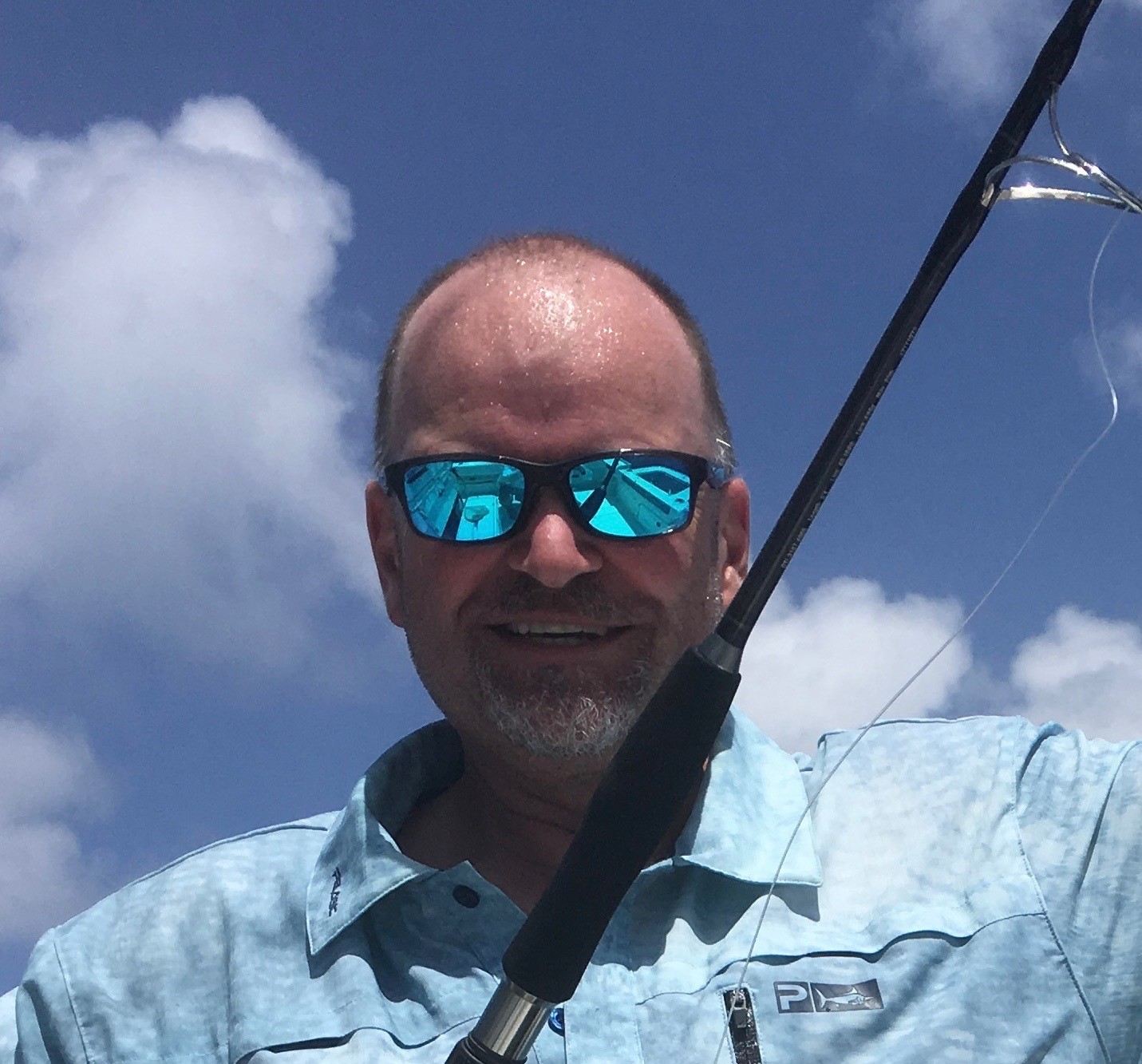
Steve Murphy
SCBI, Bluefin Tuna UK & Angling Trust Conservation Group
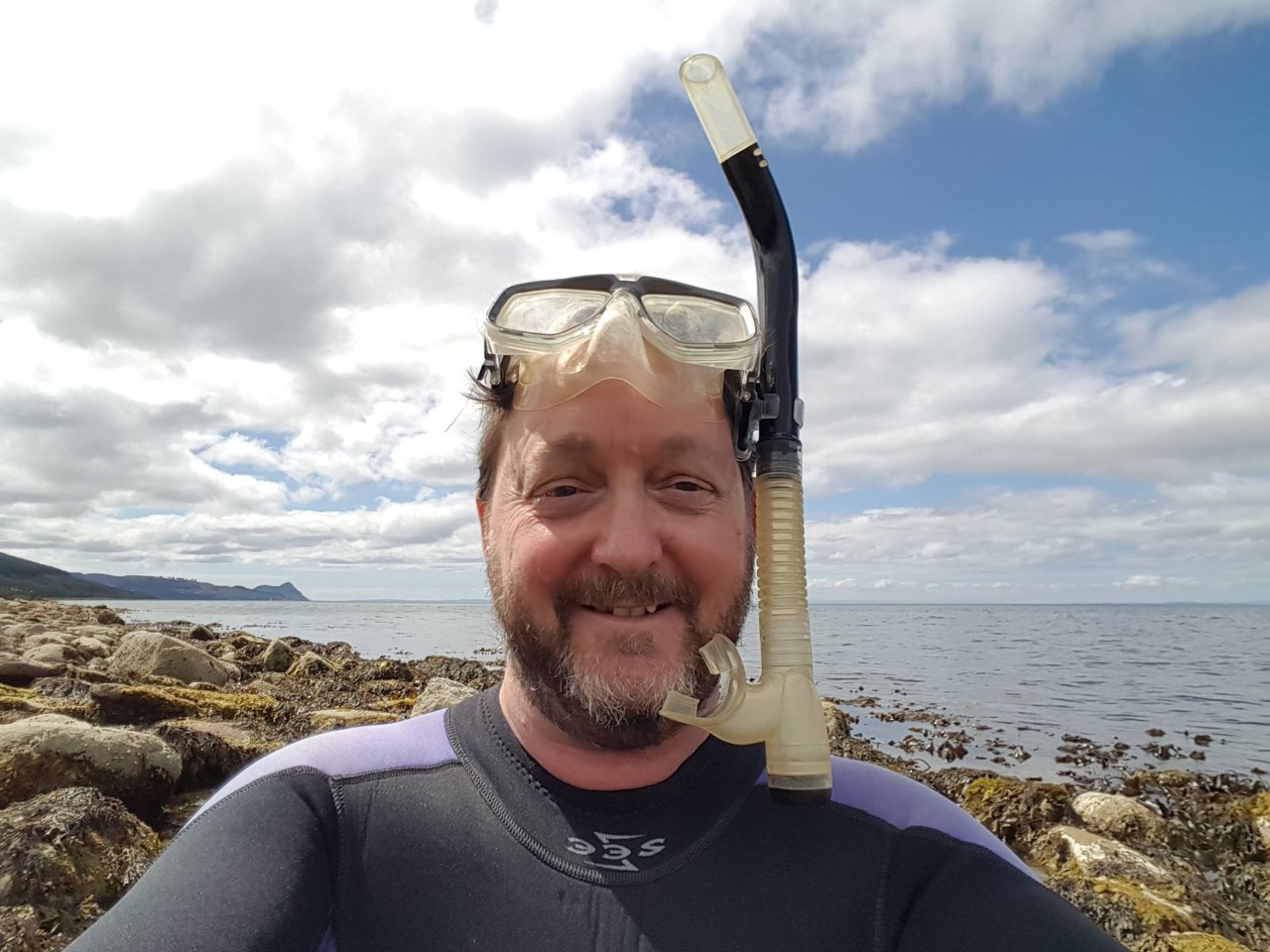
Dr. Bryce Stewart
University of York
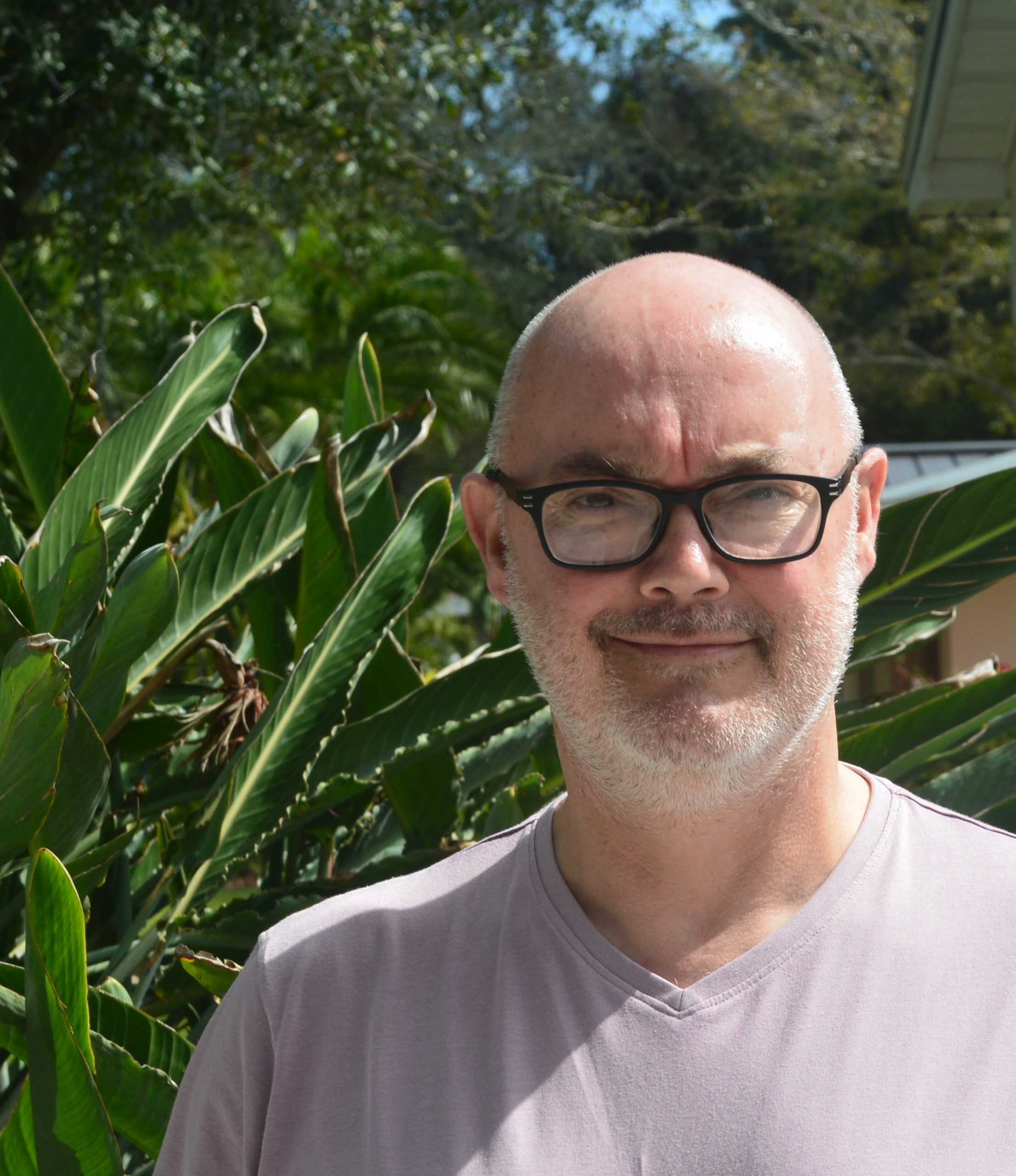
Dr. Paul Somerfield
Plymouth Marine Laboratory
Bite Blog
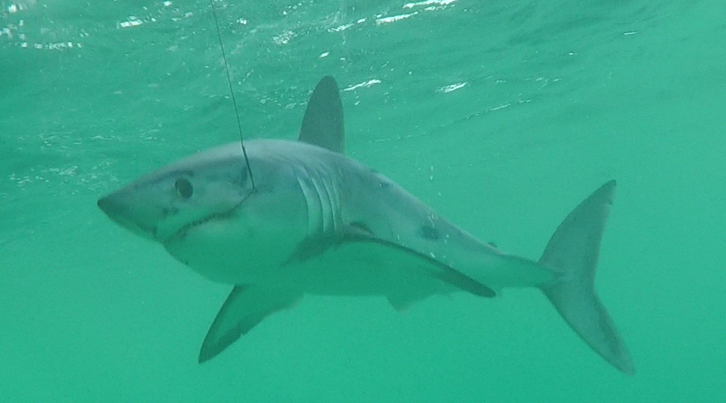
Update on JNCC Review of Porbeagle…

Angling Trust Response to Proposal to…
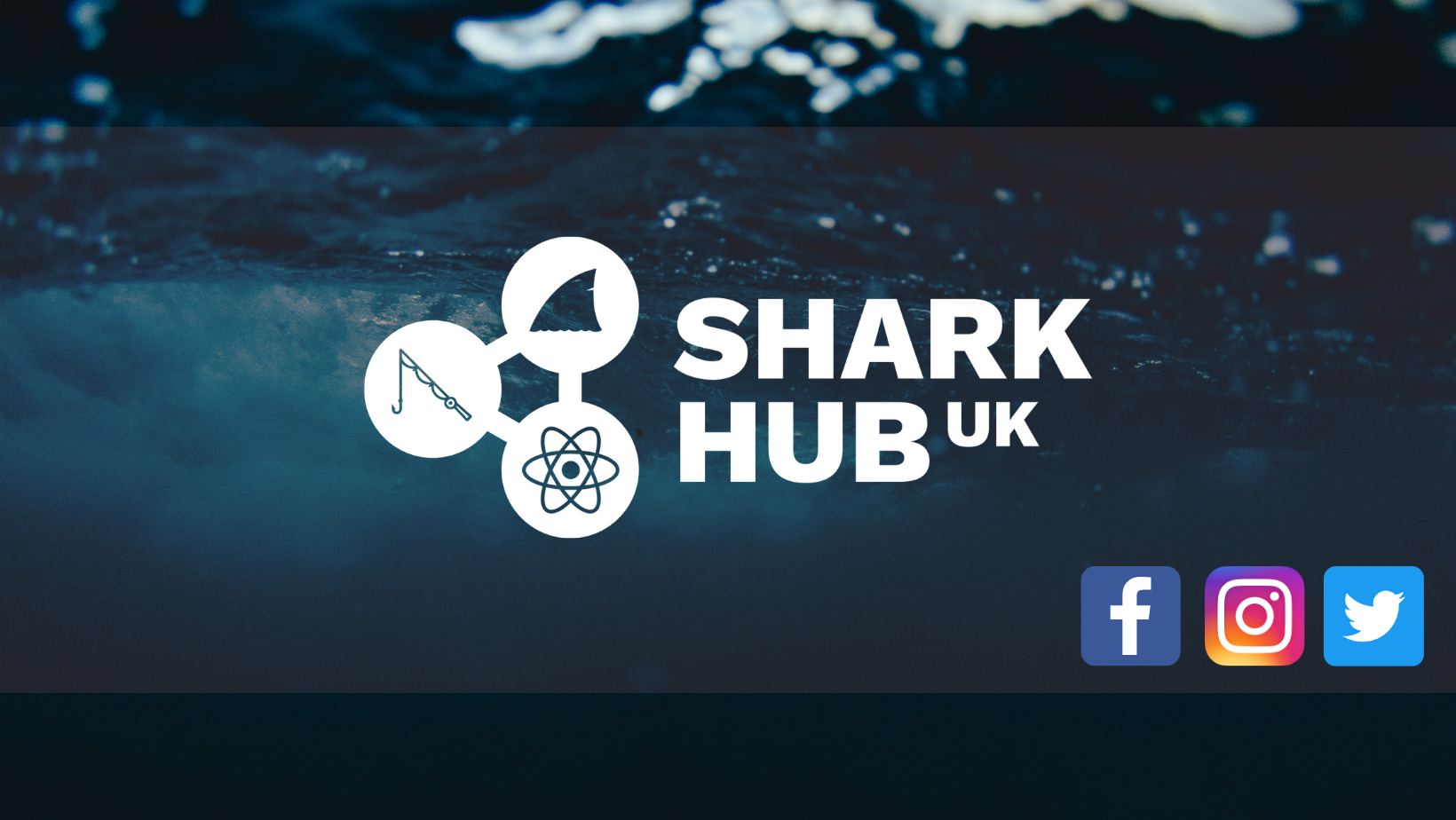
Angling Trust & Shark Hub UK…

Shark Hub UK: Porbeagle Point of…
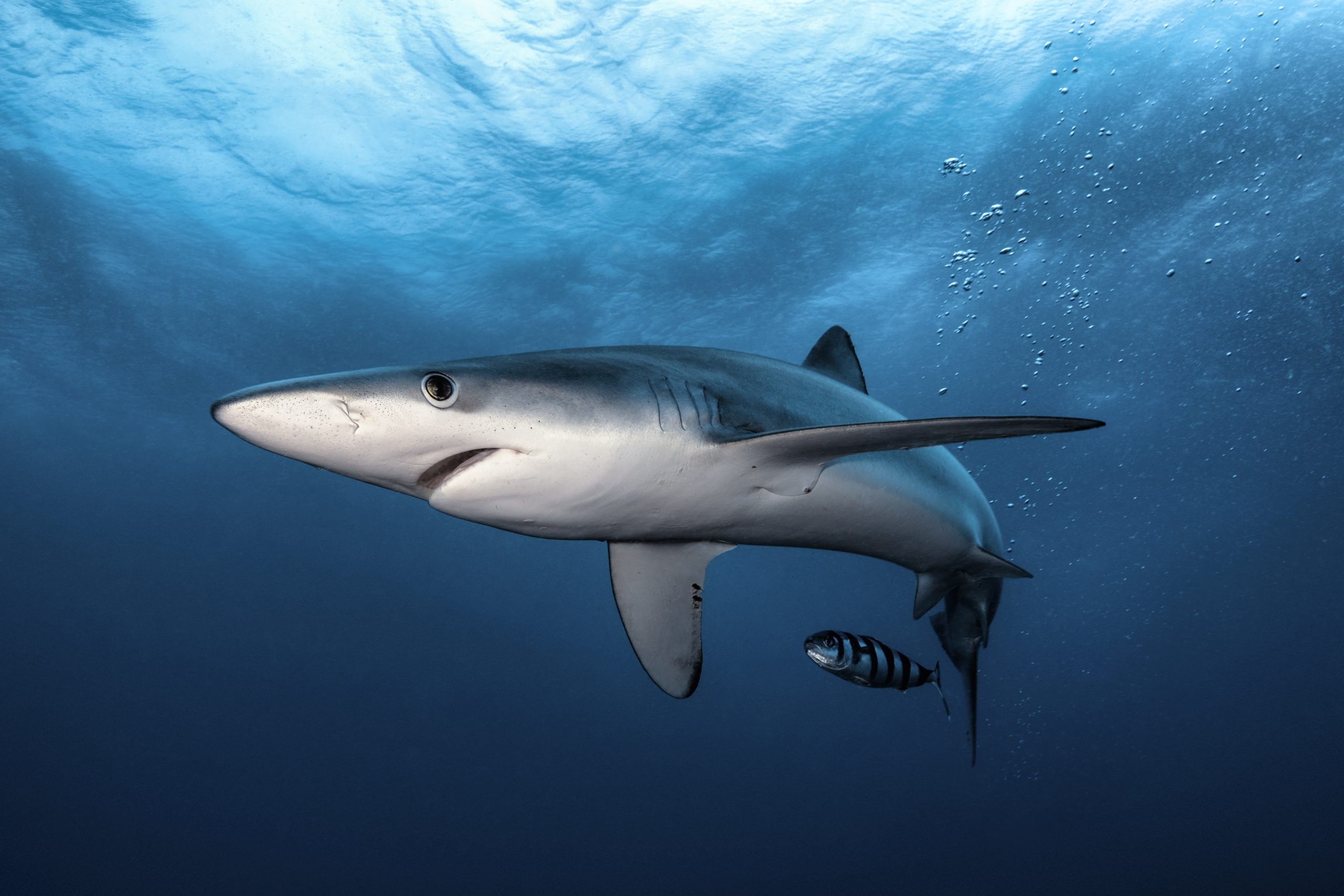
The Blue Shark: The Wanderer of…

Angling for Shark Science: Launch of…










